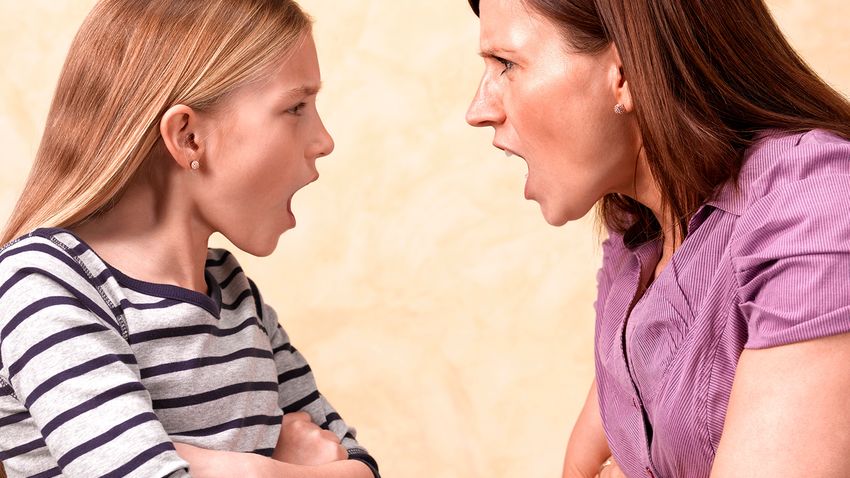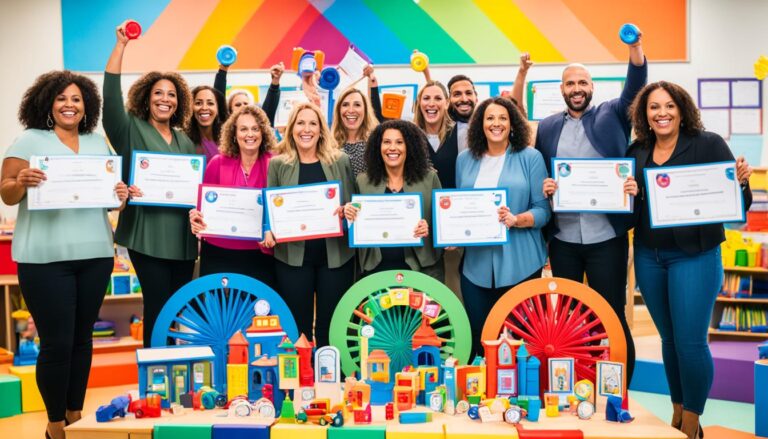My Sister is a Bad Parent: What should You Do?
Is there anything like a bad parent? Does bad parenting exist? Unfortunately, bad parenting is there, whether intentional or unintentional. And while parenting doesn’t come with a manual, it’s a parent’s responsibility to ensure they offer their kids the best. You don’t have to be perfect because nobody is. And even the best parents at times portray some forms of bad parenting that negatively affect their kids. But giving yourself grace while striving to be better each day is helpful.
There are a few possible signs that someone is a bad parent. The obvious physical and emotional abuse, erratic mood swings, etc. These signs could mean poor upbringing, inability to portray emotions, and tight or unhealthy schedules. It can be emotionally disturbing if your sister is what you’d think or describe as a bad parent. But how can you be sure that she’s a bad mom? Here are possible signs that your sister is a bad parent.
Signs Your Sister Is a Bad Parent?
Who is a bad parent? And what is bad parenting? Bad parenting is more than what people think – abusing or hurting your child. To sum it up, bad parenting is when you make your child feel unloved, unimportant, unnoticed, misunderstood, unheard, or incapable. Signs of a bad parent include:
Verbal or Physical Abuse
Verbal or physical abuse is the first sign of a bad parent. Whether out of good heart or not, physical or verbal abuse can only be attributed to a bad parent. Even a spank or slur when a child misbehaves can negatively affect them for life.
The Centers for Disease Control and Prevention reports that physical and verbal abuse can lead to physical, psychological, economic, and behavioral problems. Children who are abused often struggle with poor physical and mental health.
Physical and verbal abuse can also result in anxiety, depression, or high-risk behaviors like self-harm, casual sex, drug abuse, and crime. Some victims may develop eating disorders or ADHAD, become apathetic, hostile or lazy, or struggle with sleep issues.
Child Neglect
Whether physical or emotional, child neglect is detrimental to a kid’s well-being. Physical neglect involves ignoring a child’s needs, failing to spend time with them, and leaving kids in dangerous situations or unsupervised.
Emotional neglect entails failing to show your kid love and affection, not giving them attention and pushing them away anytime they want to get close to you.
Although some parents believe showing children affection can spoil them, that’s far from the truth. In Lasting Impact of Neglect, Kiersten Wier reports that child neglect can lead to low self-esteem, poor impulse control, stealing, social withdrawal, difficulty regulating emotions, and maintaining healthy relationships in adulthood.
Authoritarianism
Parents usually know what’s best for their kids. However, some use this idea to their advantage. Knowing what’s best for your kid doesn’t mean forcing your choices onto your child without considering their capabilities, interests, or intelligence.
Authoritative parents are controlling and use threats, punishments, and shame to foster good behavior and demand constant obedience. Such traits are toxic to children and can disappoint or demotivate them if they fail to live up to their parents’ expectations. Children need motivation and encouragement to enforce good behavior, not threats.
Wrong Forms of Disciple Or No Discipline
Everyone desires a well-behaved child. And the best way to encourage good behavior is through discipline, not punishment. We discipline children to teach and show them the right path.
Using punishment as a form of discipline is lazy parenting. Yes, it will stop the bad behavior at the moment, but that’s short-term. Punishment teaches children to use intimidation to get what they want, making them have a violent, aggressive, and punitive attitude when solving problems. Moreover, it shows kids a bad example of emotional dysregulation since parents often punish their kids out of anger.
Failure to discipline children is equally bad. Some parents believe that they should be friends with their kids to the extent they fear conflict or being disliked by their children. This form of parenting is called permissive parenting and has its drawbacks.
Having a cordial relationship with your child is desirable, but failing to help them learn to control their behavior is not. Kids need to know how to self-regulate when they experience intense feelings like frustration or anger. Otherwise, they’ll end up spoiled adults.
What Can You Do If Your Sister Is a Bad Parent?
If you feel your sister falls into a bad parent category, it might be crucial to intervene. That’s a fine line to walk, but doing it for your nephew or niece’s sake is worth it. The best way to intervene is to approach your sister gently.
- Start by focusing more on your sister’s good qualities and affirming that she’s a good mom. This will make her at ease and interested in what you say.
- Next, discuss what makes a good and a bad parent, focusing more on what makes her parenting bad. Have a backup for your claims; you can browse studies and journals on the topic.
- While at it, let your sister know that you are worried about how she treats your nephew and that you think it’s not acceptable. Be gentle and don’t attack her directly. You can tell her, “I know Mike is cunning sometimes and can make one lose temper but I feel hugging him when he’s having tantrums is better than spanking”.
- If your sister is defensive, assure her that you’ll support her through it all. But first, she needs to consider your opinions.
- If she refuses to acknowledge or change her behavior, you may consider talking to other family members like your mom or dad.
- Explain to your parents that you are concerned about how your sister relates to her child. And that you’ll appreciate any advice they have for you.
Conclusion
Parents should never underestimate the impacts of bad parenting on a child’s life. They should strive to be good parents. A good parent is not someone whose perfect, but one that prioritizes their kids’ needs and interests over theirs, raising happy and healthy children. If your sister, family member, or friend is a bad parent, try your best to help them become better parents. Doing so will benefit their kids and help them become better individuals.






